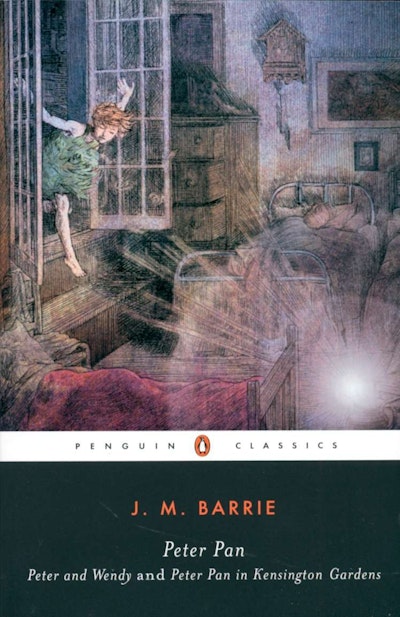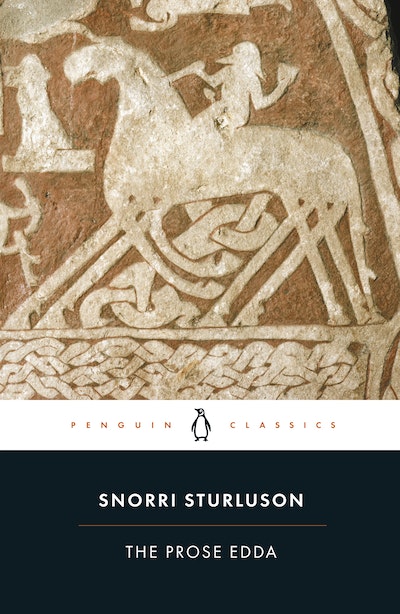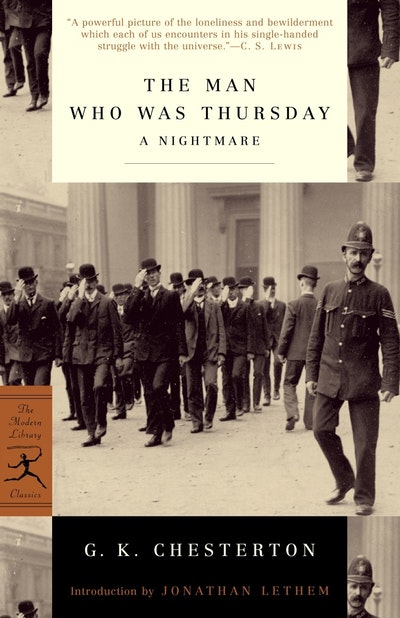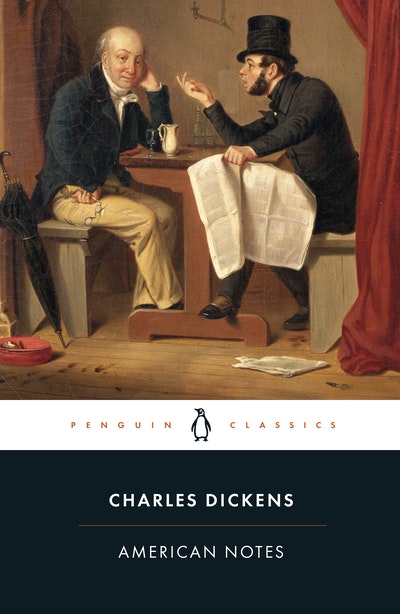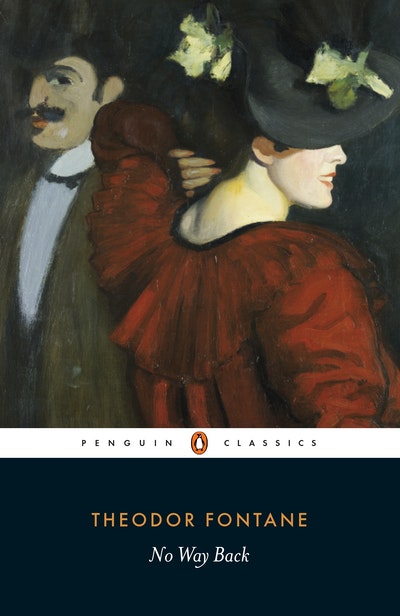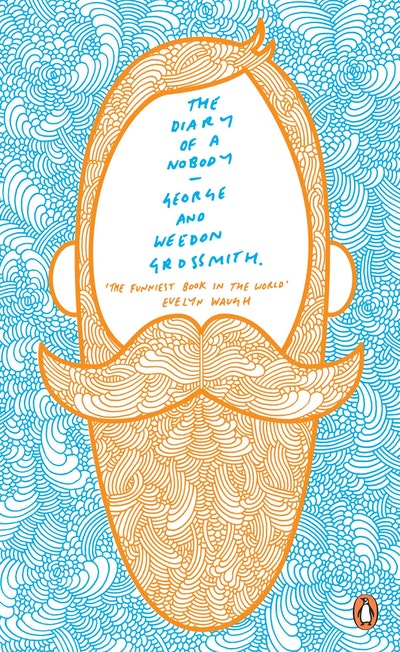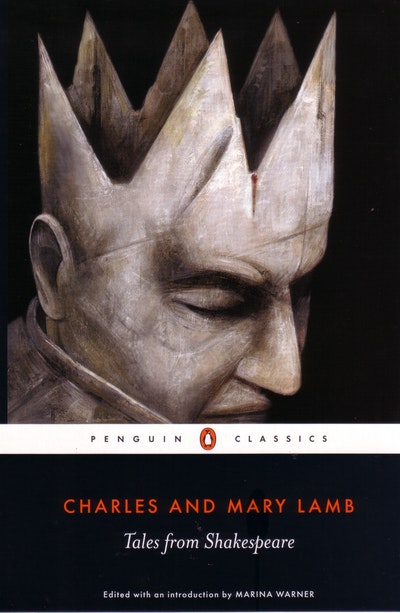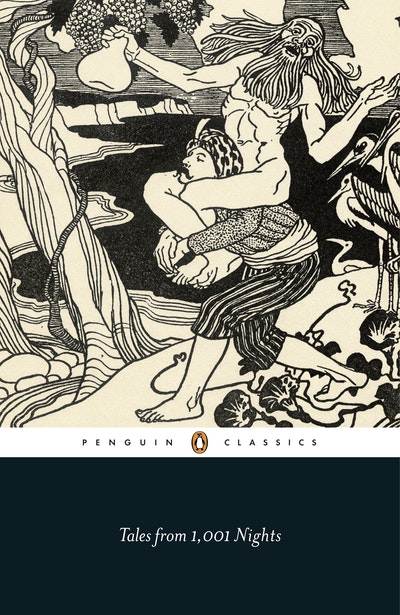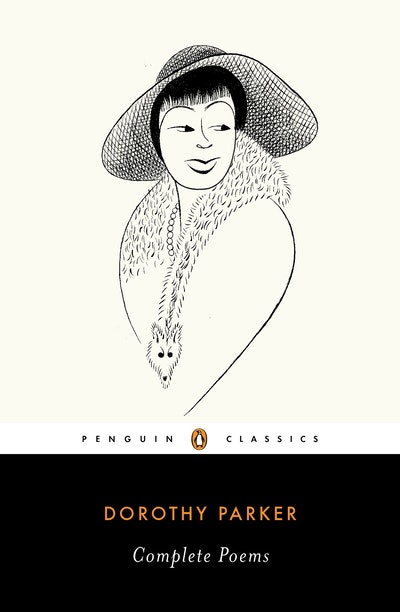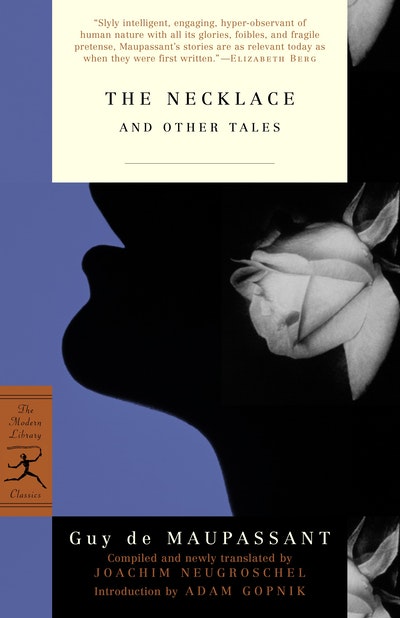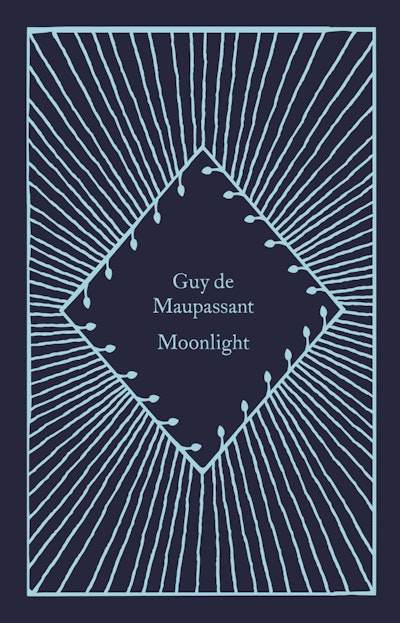Bel-ami
Maupassant's story of a man whose ideals are corrupted by the world
Young, attractive and very ambitious, George Duroy, known to his friends as Bel-Ami, is offered a job as a journalist on La Vie francaise and soon makes a great success of his new career. But he also comes face to face with the realities of the corrupt society in which he lives - the sleazy colleagues, the manipulative mistresses and wily financiers - and swiftly learns to become an arch-seducer, blackmailer and social climber in a world where love is only a means to an end. Written when Maupassant was at the height of his powers, Bel-Ami is a novel of great frankness and cynicism, but it is also infused with the sheer joy of life - depicting the scenes and characters of Paris in the belle epoque with wit, sensitivity and humanity.
Other books in the series
About the author
Guy de Maupassant was born in Normandy in 1850. At his parents' separation he stayed with his mother, who was a friend of Flaubert. As a young man he was lively and athletic, but the first symptoms of syphilis appeared in the late 1870s. By this time Maupassant had become Flaubert's pupil in the art of prose. On the publication of the first short story to which he put his name, 'Boule de suif', he left his job in the civil service and his temporary alliance with the disciples of Zola at Médan, and devoted his energy to professional writing. In the next eleven years he published dozens of articles, nearly three hundred stories and six novels, the best known of which are A Woman's Life, Bel-Ami and Pierre and Jean. He led a hectic social life, lived up to his reputation for womanizing and fought his disease. By 1889 his friends saw that his mind was in danger, and in 1891 he attempted suicide and was committed to an asylum in Paris, where he died two years later.

































































